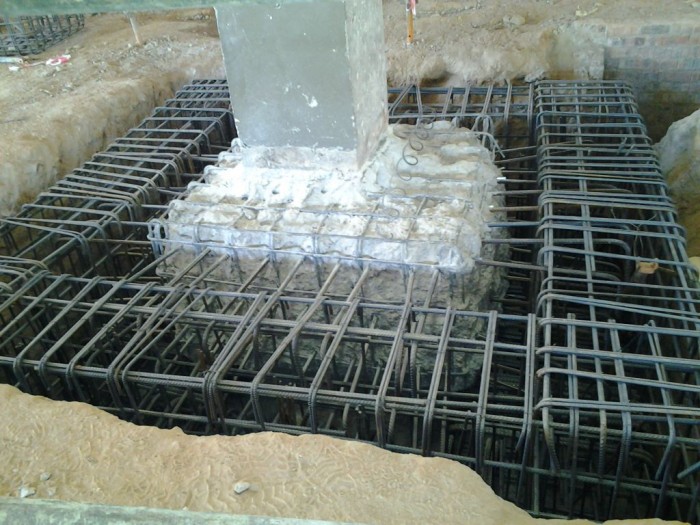Sub Saharan African construction industry could be losing hundreds of millions of dollars in project maintenance costs due to poor piling practices. What most project developers ignore is that there is still no alternative to good piling practices.
It’s incredible how far construction companies can go to save costs.Even to the extent of sacrificing the quality of piling – literally, the very foundation of construction.
In the course of doing this, the quality of the construction project is greatly compromised. As a consulting engineer remarked during the 2015 SAICE Awards: “It all starts from the foundation. If it is mediocre, the end product is most likely to be mediocre. There are no two ways about it.” He added: “Penny-pinching companies have more to lose and virtually nothing to gain. I wish they realised that.”
Not a surprise
South African based geotechnical consultant from Firmapile, Greg Page, is not surprised by increasing cases of buildings that fall apart due to poor piling. “As a result of poor piling practices, construction companies base their work on reports that are not thorough enough.”
Doing things the right way does not cost much at least in the long run, says Page, explaining that the most basic approach and the decision has to be made and determined by the soil profile. The mistake which construction companies make is that they utilise wrong piles in situations which they are not recommended for.
“The driven displacement pile can be used in many different soil conditions and restricted areas.
“There are also other methods of piling by which the soil is removed by means of augured piles,” Page says.
Procurement due diligence
Page says when engaging services the company should follow these steps:
• The feasibility of the system used;
• How accessible the terrain is for the piling companies and their machinery;
• Time restraints should be reasonable and achievable;
• An open mindedness to new systems and procedures;
• Availability of the piling company; and
• The cost effectiveness of the piling operation.
Looking beyond the cost
Page hopes to see the change in the approach to piling in African projects.
–
“Our company would like to see the open mindedness of contractors, developers and engineers in Africa, to support smaller piling companies like Firmapile who have a lot to offer with huge benefits.Not only can we offer a system that is very mobile but also cost effective.
“By the construction industry using companies like ours, it can go a long way in providing jobs for previously unemployed. We can offer training and even the possibility of setting up small branches all over Africa, providing job security,” he says.

